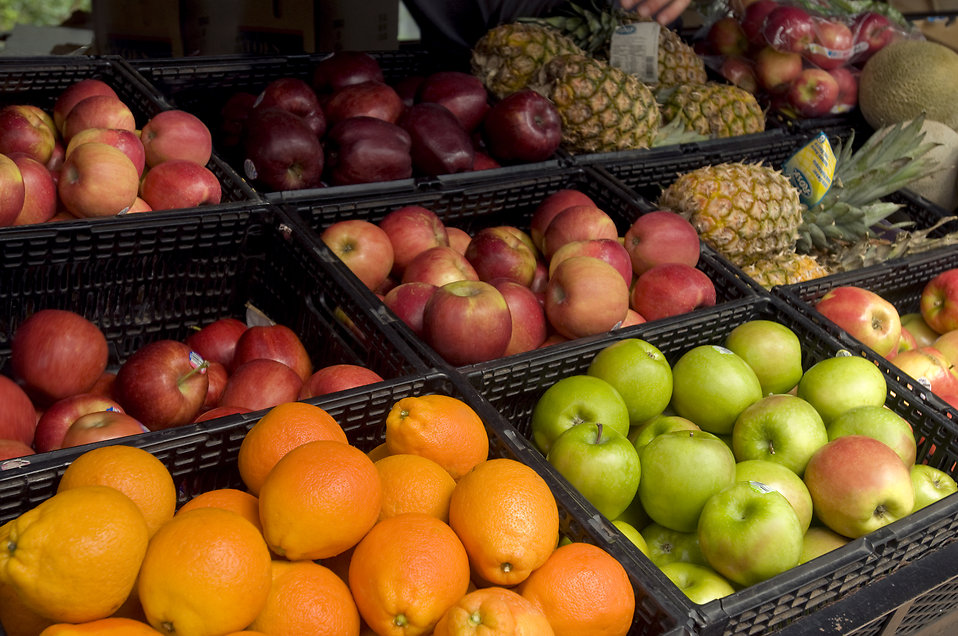It’s that time of year again where you and your child have to prepare for the annual school science fair. Science fairs are a great way for students to show off their research and innovative skills, which will set them apart from crowd, while still having some fun! The most difficult part of any science fair project is to come up with a novel idea. You may be tempted to go the easy route and build the classic volcano with baking soda and vinegar. However, this idea has been used so often it better idea to come up with an original idea. When troubleshooting an idea with your child the best place to start is with what their interests are. Does your child enjoy like plants, building mechanical apparatuses, watching what happens when compounds are mixed together or more of a physiological science? Here are a few ideas to get you and your child ready for a project that is sure give your child a great chance of winning.
If your child enjoys plants a great idea would be setting up an experiment to determine what the best conditions are for plant growth. There are many different conditions or factors that you can use in this type of experiment. One variable you can do is to determine what the best fertilizer is for certain plants. You can either go by brand name to determine which has the best impact on plant growth. You can even go a step further and determine what type of fertilizer is the best. There are two main different types of fertilizers: organic and inorganic. Each type of fertilizer has its advantages and disadvantages. Within each of these branches of fertilizers there are even more types of fertilizers that have different nutritional components. The great thing about this type of experiment is what you do exactly is completely up to you. You can either compare different types of fertilizers, different quantities of the same fertilizer or stick with one fertilizer and determine which plant it works best for, it’s completely up to you!
Does your child enjoy cell biology? Well you are in luck; there are many different types of subjects related to biology just waiting for you and your child to explore. One simple idea is to make a model of an animal or plant cell using small items that you can find around your house. Each cell has several different organelles that are essential for survival. The organelles can include: the nucleus, ribosomes, the endoplasmic reticulum, mitochondria, chloroplasts (for plant cells), the Golgi apparatus and much, much more! A great way to start making this model is by using Jell-O. This gelatin-like substance is great to represent the cytoplasm in the cell, and helps keep each model organelle in place. Some ideas to represent some organelles are:
The nucleus – A bouncy ball, or larger spherical object
Ribosomes – Small beads
Endoplasmic reticulum – Pieces of ribbon (attach some small beads to some to represent rough endoplasmic reticulum)
Mitochondria – A cylindrical object, like the container you find in your Kinder Egg.
Chloroplasts – Similar to you mitochondria but paint it green!
Golgi apparatus – Cut up some pipe cleaners and stack them on top of each other.
The tricky part about building this model is getting each organelle to sit properly. You will have to place each organelle inside the Jell-O before you get it to solidify. As a bonus, while you wait for your cell model to set try researching what each organelle does and set up a Bristol board with all this information!
If your child is more of an observationist, try getting them to plan an experiment that looks at people’s study habits or reactions to external variables. A great idea to do an experiment on is the effect of music has on student’s studying and recollection skills. There are many different ways you can go about performing this experiment. All you need is a couple of friends and family members to listen to different genres of music while trying to remember either a sequence of numbers, letters, or even pictures, and then see which genre, if any, is the best to study to.
In the end, the experiment that chosen should be relevant to your child’s interests. It is important to have your child interested and invested in the task at hand; it will be more enjoyable and, who knows, you may have a future scientist on your hands!
SchoolTutoring Academy is the premier educational services company for K-12 and college students. We offer tutoring programs for students in K-12, AP classes, and college. To learn more about how we help parents and students in Atlanta, GA visit: Tutoring in Atlanta, GA.




